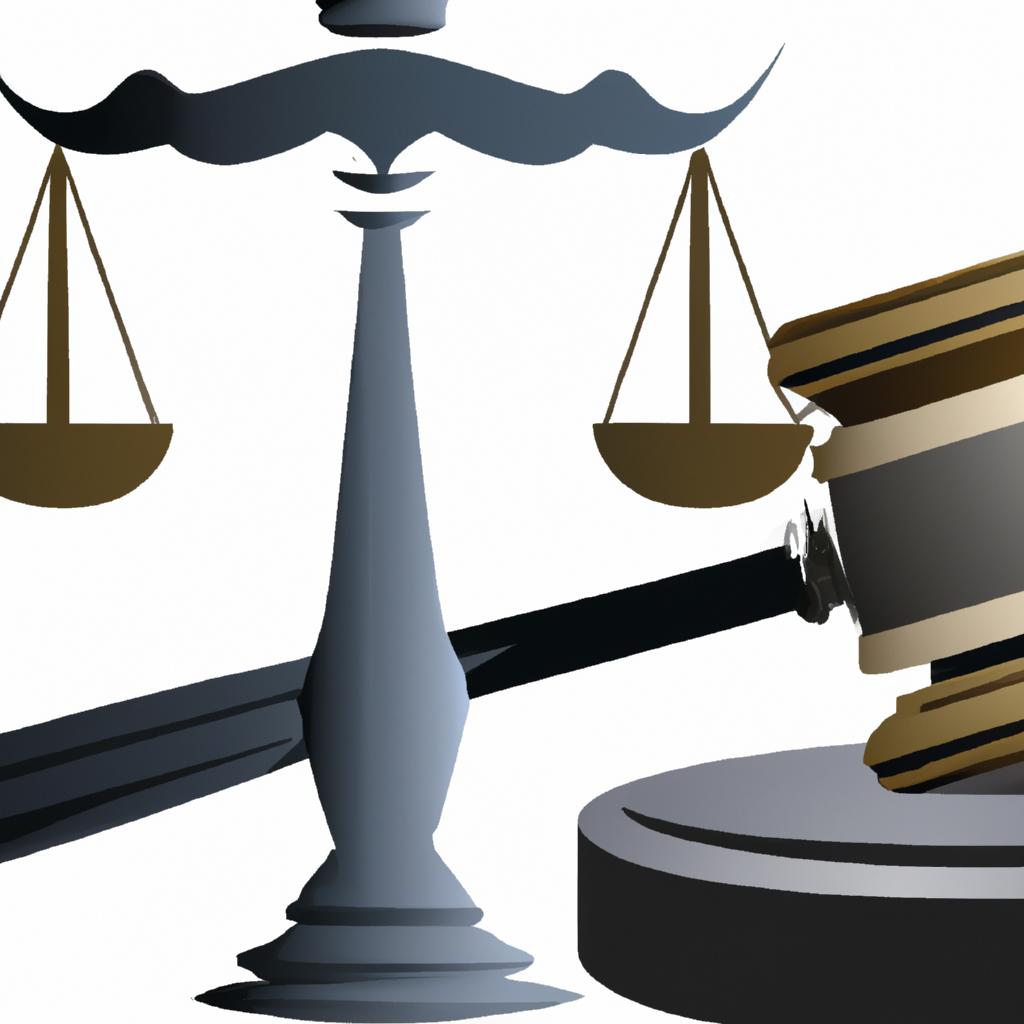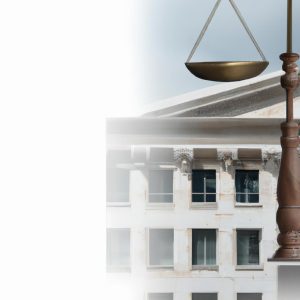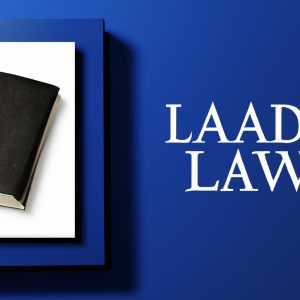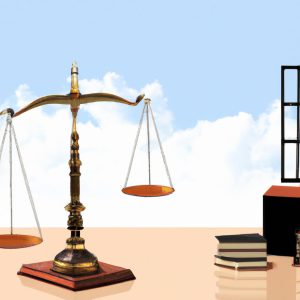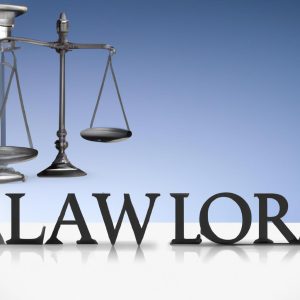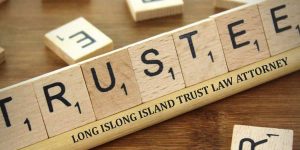As experienced attorneys at Morgan Legal Group, located in the bustling city of New York, we are well-versed in the intricate world of estate planning and probate law. One particularly complex aspect of estate planning involves nonprobate assets. In this article, we will delve into the nuances of nonprobate assets, shedding light on their importance and implications in the realm of Wills and trusts. Stay tuned as we unravel the mysteries surrounding this crucial component of estate planning.
Understanding Nonprobate Assets in Estate Planning
When it comes to estate planning, understanding nonprobate assets is crucial for ensuring a smooth transfer of assets to beneficiaries. Nonprobate assets are those that do not go through the probate process upon the owner’s death. These assets include:
- Jointly owned property: Assets owned in joint tenancy or tenancy by the entirety automatically pass to the surviving owner.
- Retirement accounts: Assets held in retirement accounts such as 401(k)s or IRAs transfer directly to the named beneficiary.
- Life insurance policies: Proceeds from life insurance policies are distributed to the designated beneficiary.
It is important to review and update beneficiary designations regularly to ensure that nonprobate assets are distributed according to your wishes. Consulting with an experienced attorney who specializes in estate planning can help you navigate the complexities of nonprobate assets and create a comprehensive plan to protect your assets and provide for your loved ones.

Key Considerations for Including Nonprobate Assets in Your Estate Plan
When it comes to estate planning, it’s important to consider all assets, including nonprobate assets. Nonprobate assets are those that pass outside of probate and typically include items such as retirement accounts, life insurance policies, and assets held in a living trust. Here are some key considerations to keep in mind when including nonprobate assets in your estate plan:
- Beneficiary Designations: Make sure your beneficiary designations are up to date and accurately reflect your wishes. These designations will override any instructions in your Will, so it’s important to review them regularly.
- Coordination with Your Will: Ensure that your nonprobate assets are coordinated with your Will to avoid any conflicts or unintended consequences. It’s important to have a comprehensive estate plan that takes into account all of your assets and how they will be distributed.

Maximizing the Benefits of Nonprobate Assets in Estate Administration
Nonprobate assets play a crucial role in estate administration, providing a unique opportunity to maximize the benefits for beneficiaries. By understanding the different types of nonprobate assets and strategically incorporating them into an estate plan, individuals can streamline the distribution process and minimize potential challenges. Real estate, bank accounts, retirement accounts, life insurance policies, and joint assets are common examples of nonprobate assets that can be efficiently managed to ensure a smooth transition of wealth to heirs.
One of the key benefits of nonprobate assets is the ability to bypass the probate process, which can be time-consuming and costly. By designating beneficiaries directly on nonprobate assets, individuals can avoid delays and ensure that their loved ones receive their inheritances promptly. Additionally, nonprobate assets can provide a level of privacy and confidentiality that may not be available through probate proceedings. With careful planning and attention to detail, nonprobate assets can be a valuable tool in estate administration, allowing individuals to preserve their wealth and protect the financial well-being of their beneficiaries.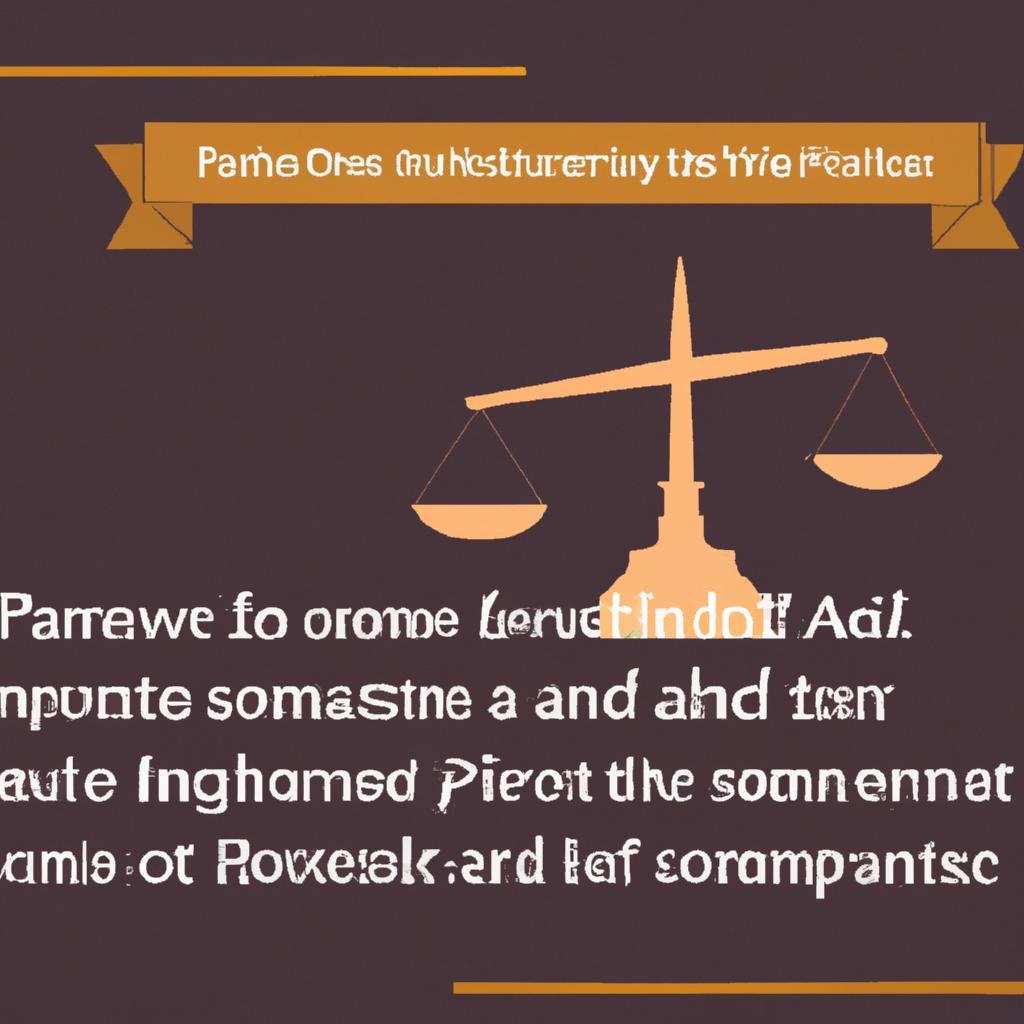
Strategies for Ensuring the Smooth Transfer of Nonprobate Assets Upon Death
When it comes to ensuring the smooth transfer of nonprobate assets upon death, there are several strategies that individuals can implement to simplify the process for their loved ones. One effective strategy is to designate beneficiaries for assets such as retirement accounts, life insurance policies, and payable-on-death bank accounts. By naming specific individuals as beneficiaries, these assets can bypass the probate process and be transferred directly to the designated recipients.
Another strategy to consider is establishing a revocable living trust to hold nonprobate assets. By transferring assets such as real estate, investments, and valuable personal property to a trust, individuals can ensure that these assets are distributed according to their wishes upon their death, without the need for probate. Additionally, creating a comprehensive estate plan that clearly outlines how nonprobate assets should be distributed can help avoid potential conflicts among heirs and ensure that the transfer of assets is carried out smoothly and efficiently.
Q&A
Q: What exactly are nonprobate assets?
A: Nonprobate assets are assets that do not have to go through the probate process upon the owner’s death.
Q: What are some examples of nonprobate assets?
A: Some examples of nonprobate assets include life insurance policies, retirement accounts, jointly owned property, and assets held in a trust.
Q: Why is it important to understand nonprobate assets?
A: Understanding nonprobate assets is important because it can help individuals ensure that their assets are passed on to their intended beneficiaries in a timely and efficient manner.
Q: Are nonprobate assets subject to creditors’ claims?
A: Nonprobate assets are generally not subject to creditors’ claims, which can help protect them from being used to pay off debts after the owner’s death.
Q: How can someone ensure that their nonprobate assets are distributed according to their wishes?
A: To ensure that nonprobate assets are distributed according to their wishes, individuals should make sure that the beneficiaries named on these assets are up-to-date and accurately reflect their desires. Additionally, creating a comprehensive estate plan that addresses all of their assets can help ensure that their wishes are carried out.
Wrapping Up
In conclusion, understanding nonprobate assets is essential for effective estate planning. By taking the time to review and designate these assets properly, you can ensure that your loved ones receive the inheritance you intended for them, and avoid unnecessary confusion and delays during the probate process. Remember, every individual’s situation is unique, so it’s important to consult with a qualified professional to determine the best approach for your specific circumstances. By staying informed and proactive, you can take control of your legacy and leave a lasting impact on those you care about most. Thank you for reading!

